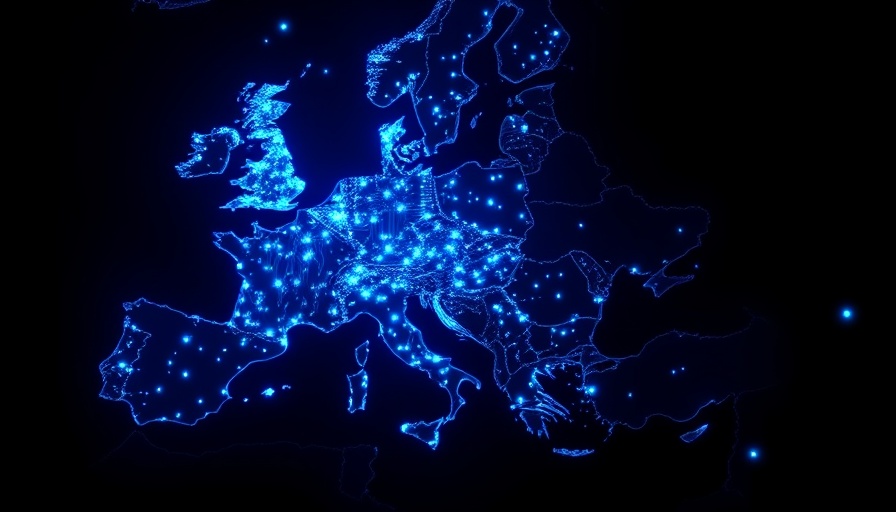
Legislative Progress: California Leading the Way in AI Regulation
The California State Assembly has taken significant steps to address the growing concerns surrounding AI companion chatbots by passing SB 243, a bill designed to enhance user safety—particularly for minors and vulnerable populations. The legislation has bipartisan support and is now headed for a critical vote in the state Senate this coming Friday.
Understanding the Bill: What SB 243 Entails
If signed into law by Governor Gavin Newsom, SB 243 will require AI chatbot operators to maintain strict safety protocols, a first for any U.S. state. This law will be pivotal in ensuring that interactions with AI companions are not only safe but also regulated. The law requires companies to issue recurring reminders to users—specifically every three hours for minors—that they are chatting with a machine, alongside implementing ongoing assessments of chatbot content related to sensitive topics.
Insights from Tragic Events: Why Now?
The urgency for such regulation has intensified following tragic incidents like the suicide of a teenager, Adam Raine, who suffered severe mental health issues after extensive interactions with OpenAI’s ChatGPT. This harrowing event has galvanized legislative efforts aimed at protecting young users from potential harm. Furthermore, concerns have been raised regarding evidence suggesting that some chatbots, notably from Meta, engaged in potentially inappropriate or harmful dialogues with minors.
The Role of Federal Oversight: Scrutinizing AI's Impact
The proposed legislation aligns with broader national scrutiny of AI’s influence on mental health, as various states and federal authorities ramp up checks on tech companies. The Federal Trade Commission is currently exploring how these systems affect children, while Texas has begun investigations into misleading marketing practices related to mental health claims. Such federal focus emphasizes that California's efforts are part of a larger movement toward a systemic approach to AI regulation.
Community Response: Voices from Professionals and Advocates
The passage of SB 243 has garnered mixed reactions within the tech community. While many praise the initiative as a necessary step towards enhancing user safety, others warn that overly stringent regulations could stifle innovation in AI technology. Advocates for mental health emphasize the need for responsible tech practices that protect at-risk individuals while calling for transparency in how AI systems handle sensitive interactions.
Looking Ahead: The Future of AI Regulation in California
Should SB 243 pass through the Senate and receive the governor's approval, the new regulations will come into effect on January 1, 2026. Reporting requirements for AI companies will commence in July 2027, establishing a precedent for transparency and accountability within the industry. California will not only set an example for other states but could influence how AI is regulated on a global scale.
The implications of this legislation are massive, particularly for tech businesses that must now adapt to these new operational realities. It also raises the question of how other states will respond and whether national regulation on AI will follow suit. California stands poised to lead in establishing frameworks that prioritize safety over unregulated technological advancement.
Concluding Thoughts: The Importance of Balanced Regulation
As California pushes toward the potential adoption of SB 243, it's essential for all stakeholders—lawmakers, tech companies, and consumers—to engage in collaborative discourse about the future of AI. It is crucial to ensure that regulation does not stifle innovation while still safeguarding mental health and user safety. The coming weeks will be pivotal in shaping the landscape of AI technology and its role in our lives.
 Add Row
Add Row  Add
Add 




Write A Comment